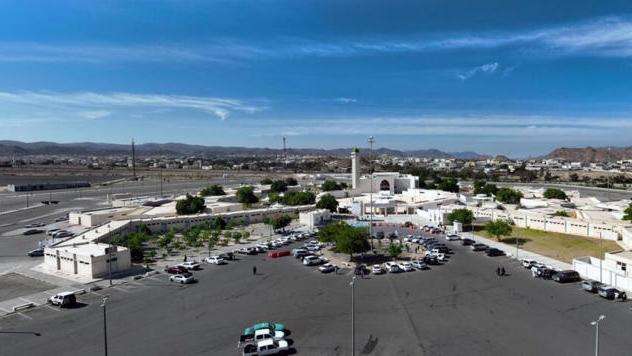Commuters across the capital are facing a third day of chaos as Tube drivers, represented by the Rail, Maritime and Transport (RMT) union, continue their week-long strike action. The walkouts, which have caused severe disruption across the London Underground network, are a result of demands for a four-day, 32-hour working week, despite drivers already receiving a substantial salary and a host of generous benefits.
The strikes, which began on Sunday and are expected to continue until at least Friday, have virtually halted Tube services, leaving millions of Londoners to contend with overcrowded buses, the Elizabeth line, and a city at a standstill.
The Public Weighs In: Is £72,000 Enough?
The central justification for the strike, as put forward by RMT General Secretary Eddie Dempsey, is that Tube drivers, who can earn up to £72,000 annually, cannot afford to buy a house in London. Speaking to Times Radio, Mr. Dempsey argued that while the salary is a “good wage,” it is not “out of this world” when faced with London's skyrocketing property market. This claim comes as the average house price in London sits at around £562,000, significantly higher than the rest of the UK. For context, the average salary in the capital is £65,994, with the South East's average being £46,006.
Read more: UK Ministers Urged to Boost Road Safety for New Drivers
This argument has been met with significant public backlash. One commenter, expressing widespread frustration, wrote: “Since when has the ability to buy a house in London been the criterion used to judge an employee’s remuneration? Most Londoners live on less.” The comment added that a salary of this level would still allow a person to buy a flat in an outer London borough like Croydon or Lewisham, especially with a deposit. Another individual questioned if the £72,000 was just one part of a household’s total income, adding, “I have a mortgage on a lower salary. London is showing that is moving somehow, regardless of the strike. Kudos! Always been on the Unions side, but this is something else.”
Behind the Headlines: A Look at the Benefits Package
While the public conversation has focused on the £72,000 salary, a deeper look at the total compensation package reveals a level of privilege that many Londoners can only dream of. In addition to their base pay, Tube drivers receive a generous salary pension scheme and a minimum of 29 days of annual leave, plus eight bank holidays. As one commenter pointed out, “How many people in the private sector get 7 weeks holiday?”
The union's demands also reportedly extend to additional perks. As one frustrated citizen highlighted, “The union is also demanding that workers are given a 75 per cent discount of all mainline train tickets outside of London with a Rail Staff Leisure Card… I earn under half the £72,000. Does that mean the Union thinks I ought to get a free card that gives me at least 75% reduction on all mainline train tickets as well as I definitely can't afford to buy a London House or mainline rail tickets?”
A Looming Autumn of Discontent and Calls for Change
The RMT's actions signal a wider industrial battle, with Mr. Dempsey warning that more disputes are "looming" on the Elizabeth line and over the pay and conditions of cleaners. This latter point received some public support, with one commenter stating, “Better conditions for cleaners are totally welcome.”
However, the continued strikes are also fuelling a growing public discussion about the future of London's transport. One commenter, "Richard B," suggested that the constant disruption makes a compelling case for a major shift. “As we are embracing drones, AI, androids and self-driving cars, trains are less complicated running on railway track, tube drives could become irrelevant to our future transport requirements,” he wrote. “The union demands are getting ridiculous. Time to bite the bullet and go driverless. Its happening elsewhere. It just needs a government with a backbone.”
The strikes highlight the growing chasm between a segment of the public sector workforce and the rest of the working population, creating a sense of "us versus them." As the city grinds to a halt, the question remains: When will the disruption end, and at what cost to Londoners?
Read also: Urgent Warning to Delivery Drivers: Jobs at Risk as Home Office Cracks Down!


_7.jpg)

_8.jpg)


.svg)

_9.jpg)